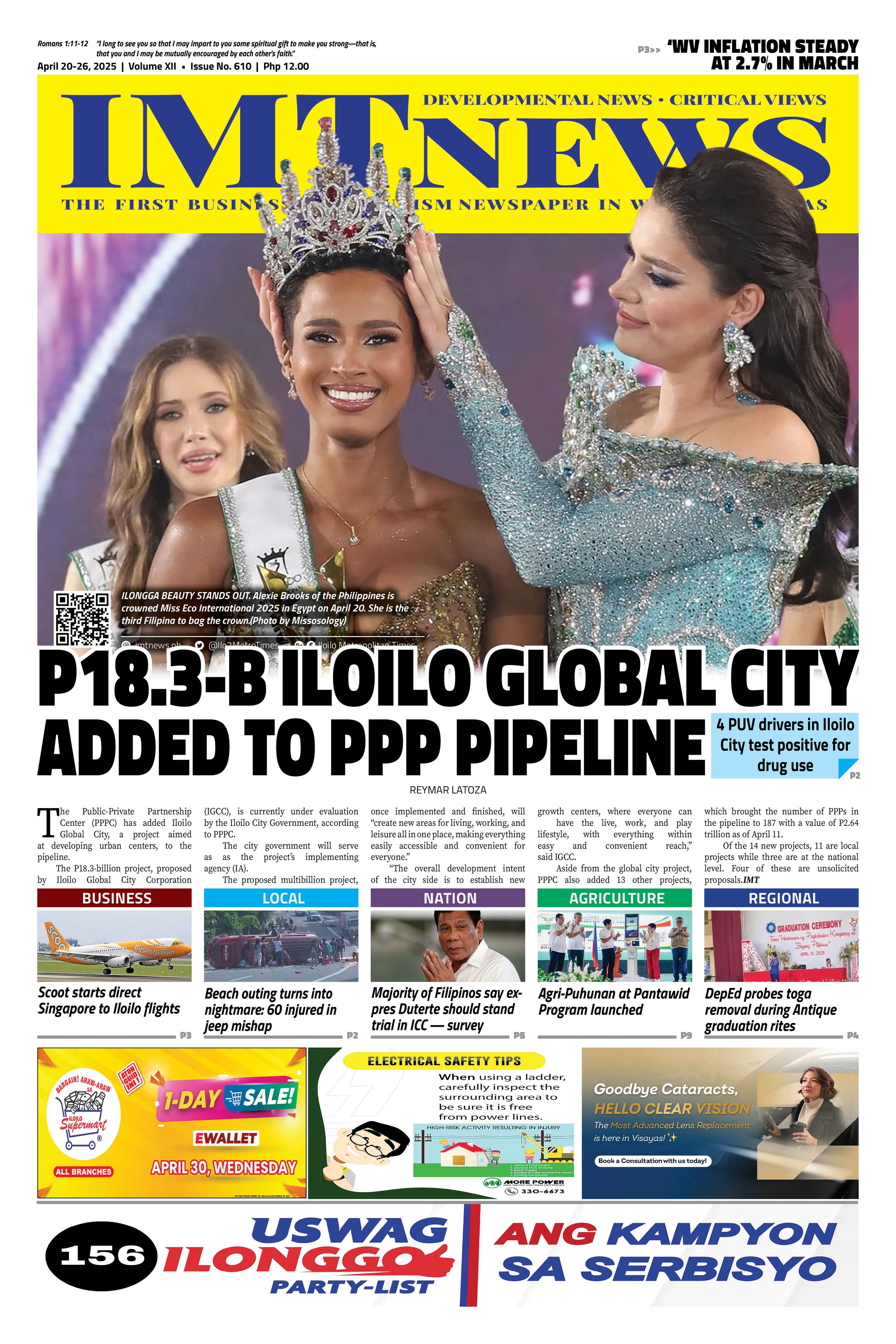There is something deeply unnerving about walking into a classroom a week before elections and hearing college students shrug off voting as if it were optional homework. These are not apathetic people. They care about tuition hikes, social media censorship, climate disasters, and their family’s rice supply. But when it comes to politics, some form of learned helplessness takes over. “Bakit pa? Wala namang nagbabago.” It is a sentiment so common, it might as well be an unofficial national slogan during midterms. And honestly, I get it. Who has not felt tired watching the same surnames return like reruns on late-night TV?
But here’s the thing: elections are less about magic fixes and more about muscle memory. Voting is not a one-time miracle; it is a repeated act of civic exercise, like brushing your teeth so cavities do not set in. When we sit out of the process, the decay accelerates. French sociologist Pierre Bourdieu once noted that people withdraw from politics not necessarily because they are apathetic but because they feel excluded from the “means of producing political opinions.” In other words, many Pinoys have been conditioned to think politics is for the rich, the powerful, the manipulators, the vote-sellers, or the shameless. So they hand it over, often unknowingly, to those who are eager to use that apathy as a weapon.
I remember a student who said he planned to skip the last barangay elections because “tanan naman sila pare-pareho lang.” We spent half an hour unpacking that. He shared how his uncle ran and lost because he refused to give out cash. He saw how the winner got the tricycle drivers’ votes because of liquor and lechon. I asked if he believed things could have gone differently had more people voted like his uncle did. He paused, then muttered, “Siguro nga, no?” That pause is a crack—a small one—in the wall of fatalism. That crack is where change begins.
The trouble is, too many of us have made apathy a personality trait. We wear cynicism like it is street cred. We joke about how elections are just reality shows with worse acting. Some make a sport of not caring. But underneath that sarcasm is often grief—a quiet mourning for the democracy we want but do not feel we deserve. And what do we do with grief? We either numb it, or we pray with it.
So maybe this is what we need: a prayer. Not the kind that abdicates responsibility, but the kind that reawakens it. An prayer—especially after the Holy Week—against apathy. A whispered, maybe even weepy, petition to care again. To care enough to read the fine print on campaign promises. To care enough to fact-check what a Facebook meme gets wrong. To care enough to argue without cancelling, listen without losing your own voice, and vote even when you feel your one vote is a whisper in a stadium.
When I say prayer, I do not mean it religiously. I mean it in the way Ignatian educators use it: as an examen, a soulful pause to reflect, discern, and act. Teachers know this well. We do not preach participation. We model it. We weave civic discussions into history lessons. We let students sit with discomfort after debates. We invite them to reflect on what kind of leaders they want to be, not just the ones they want to vote for. In my experience, the best prayers happen not in church pews but in student councils, group chats, and thesis defenses that question why their hometowns still lack potable water.
But let us be honest. Not everyone has access to the same sense of political agency. Many are dealing with daily urgencies—jeepney fare hikes, joblessness, internet connectivity, food on the table, house. bills. To expect everyone to be politically active in the same way is unfair. What we can do, though, is meet people where they are and walk with them from there. Invite them to talk, not scold them into action. Politics, like prayer, begins in conversation. If the goal is to spark participation, we cannot start with shame.
And yes, this also means speaking truth to those who weaponize faith to silence dissent. Political apathy thrives in spaces where questioning is treated as sin. But asking questions is not betrayal. It is responsibility. There is nothing holy about being neutral when human rights are being stepped on. There is no virtue in silence when falsehoods are normalized. Our vote is not just a ballot; it is an answer to a bigger question: What kind of society do we bless with our attention?
So this midterm elections season, I say this prayer aloud: May we resist the urge to scroll past injustice. May we honor the sacrifices of those who marched, fought, and even died for our right to participate. May we teach our children that voting is not just a civic duty but a spiritual act—a way of saying, “I am still here. I still believe. I still care.” Because the opposite of apathy is not extremism. It is care, a genuine expression of social activism. And caring is the most human, most political, and most prayerful thing we can do.
Doc H fondly describes himself as a “student of and for life” who, like many others, aspires to a life-giving and why-driven world grounded in social justice and the pursuit of happiness. His views do not necessarily reflect those of the institutions he is employed or connected with.








